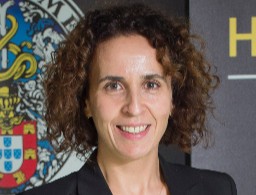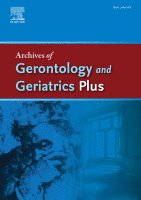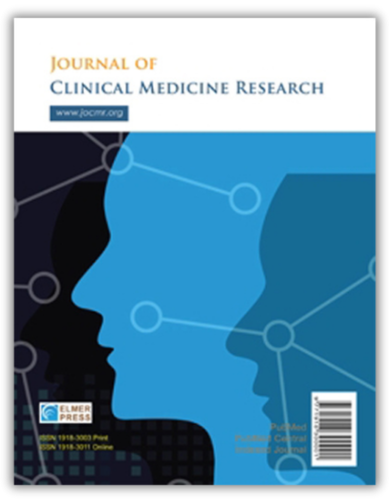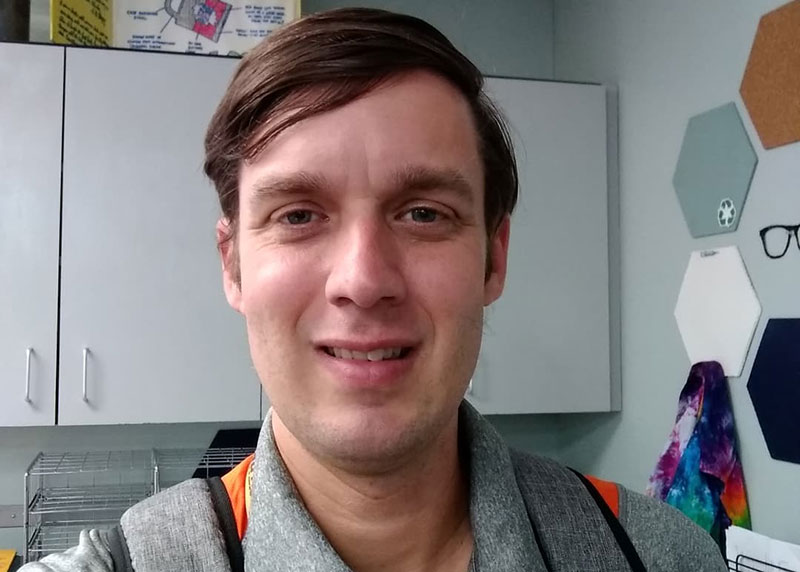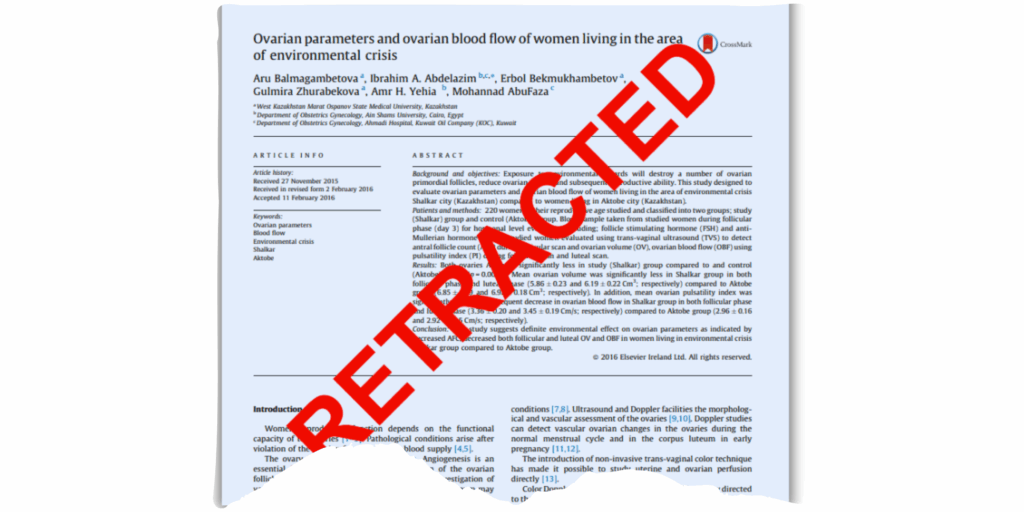
To guard against identity theft, academic publishers have been using institutional email addresses to verify authors and reviewers are who they say they are. Now, however, findings appearing in a preprint last month on arXiv.org suggest bad actors have found a way to breach this defense – and are routinely doing so.
From a pool of thousands of reviewer profiles set up as part of AI conferences in 2024 and 2025, staff at the nonprofit OpenReview, a platform connecting authors with reviewers, found 94 profiles involving fake identities. In all but two cases, the impostors had used “round-trip-verified” email addresses belonging to the domains of “reputed” universities, the authors write. (The remaining two used “.edu” domains of defunct institutions.)
Impersonating someone else using an institutional email address “adds another layer of challenge in the detection” of bad actors, said first author Nihar B. Shah of Carnegie Mellon University in Pittsburgh, who also sits on OpenReview’s board.
Continue reading University email addresses no longer effective bulwark against fake peer review


